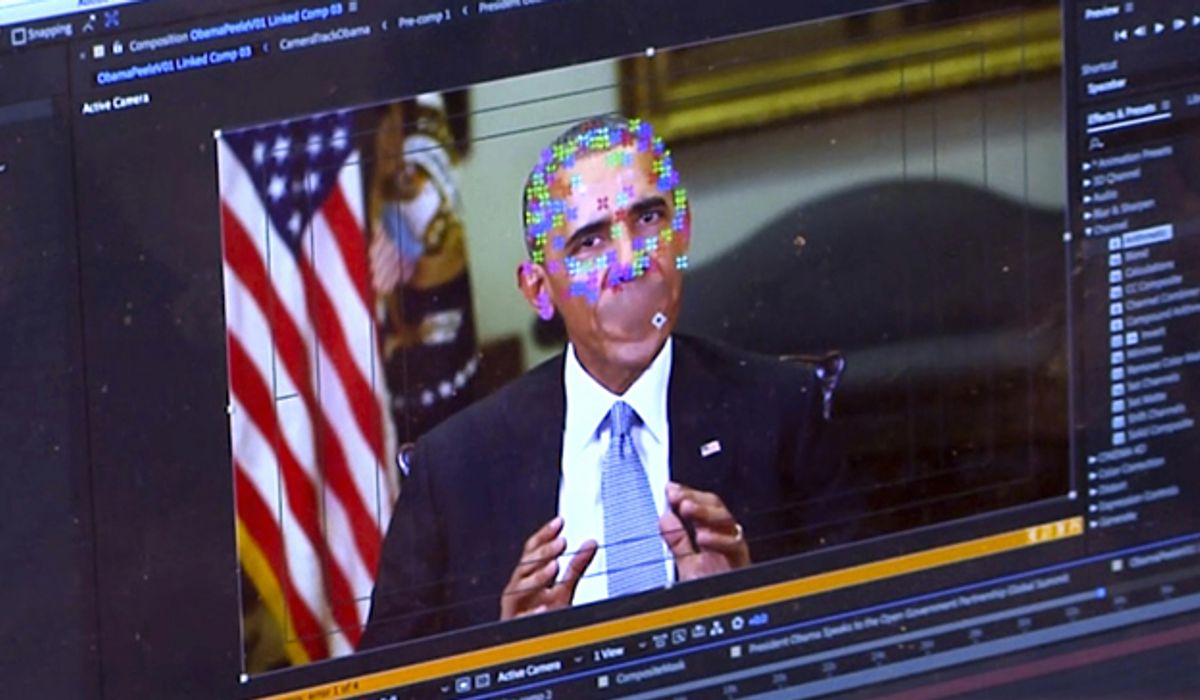Federal lawmakers are deeply concerned about the potential weaponization of “deepfakes,” which are artificially generated content using AI that can mislead people, exacerbate fraud, and pose national security threats.
‘Deepfakes’ encompass audio, images, and videos manipulated and produced by AI to convincingly appear authentic.
The House Oversight and Accountability Committee recently delved into the potential issues arising from the proliferation of deepfakes and how to prevent them from significantly impacting the lives of Americans.
The harm caused by deepfakes is not merely speculative, as per Rep. Nancy Mace, who highlighted the rapid circulation of inauthentic videos on social media, including an AI-generated clip of the president of Ukraine allegedly urging troops to lay down their arms.
Despite acknowledging the value of synthetic videos in certain contexts, Rep. Mace emphasized the necessity of preventing the blurring of fact and fiction through appropriate legislation.
President Biden’s recent executive order on AI seeks to mitigate potential risks associated with AI technology, influenced in part by concerns raised by former President Barack Obama about the impact of deepfakes.
Former President Obama expressed the need for new regulations to prevent the misuse of deepfakes, particularly in cases of cyberbullying, while also highlighting the difficulty in clearly delineating between political commentary, satire, and disinformation.
The American Association of Political Consultants has already condemned the use of AI deepfake technology, establishing a policy against its use due to ethical concerns.
While industry professionals and campaign staffers may adhere to ethical standards, the proliferation of deepfake content, particularly during election seasons, remains a significant challenge.
Furthermore, deepfake content has already made waves in the presidential campaign domain, with instances involving former President Donald Trump and Florida Gov. Ron DeSantis, indicating the potential impact of such technology in shaping public opinion.
Congress is actively considering various proposals aimed at regulating new AI tools, with a particular focus on the potential implications of AI on elections.








